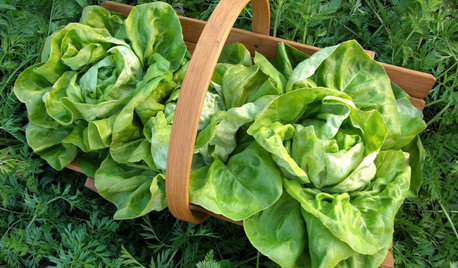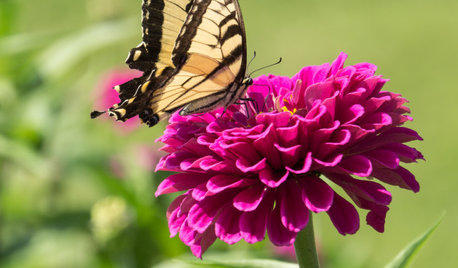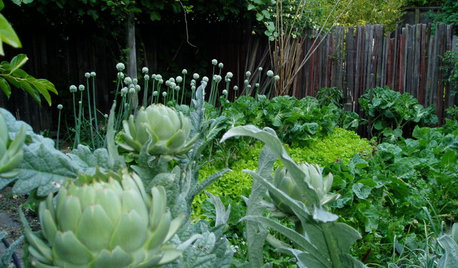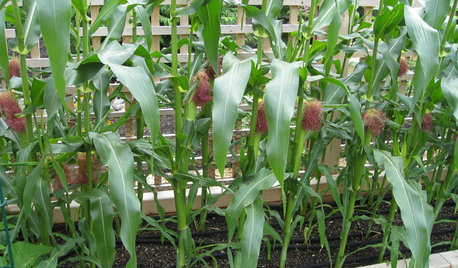Is Gazelle or Oryx manure a good choice of fertilizer?
ticodxb
10 years ago
Related Stories

GARDENING GUIDESThe Poop Scoop: Enrich Your Soil With Good Old Manure
Get over the ick factor already — this natural super-ingredient for soil has so many benefits, you'll wonder why you ever went chemical
Full Story
EARTH DAYThe Case for Losing the Traditional Lawn
Work less, help the environment and foster connections by just saying no to typical turf
Full Story
LANDSCAPE DESIGNGet Along With Less Lawn — Ideas to Save Water and Effort
Ditch the mower and lower your water bill while creating a feast for the eyes with diverse plantings and gathering places
Full Story
GARDENING GUIDES10 Easy Edibles for First-Time Gardeners
Focus on these beginner-friendly vegetables, herbs, beans and salad greens to start a home farm with little fuss
Full Story
FARM YOUR YARDHow to Build a Raised Bed for Your Veggies and Plants
Whether you’re farming your parking strip or beautifying your backyard, a planting box you make yourself can come in mighty handy
Full Story
GARDENING GUIDESHow to Design a Garden That Lasts
Climates are changing. Wildlife is evolving. Can your garden keep up?
Full Story
GARDENING GUIDES20 Favorite Flowers for Butterflies and Bouquets
Discover perennials and annuals that do double duty as butterfly magnets and versatile cut flowers
Full Story
GARDENING GUIDESHow to Stop Worrying and Start Loving Clay Soil
Clay has many more benefits than you might imagine
Full Story
FRONT YARD IDEAS10 Ideas for a Front-Yard Edible Garden Your Neighbors Will Love
Choosing attractive, well-mannered plants and sharing the bounty will go a long way toward keeping the peace
Full Story
SUMMER FRUITS AND VEGETABLESHow to Grow Your Own Fresh, Sweet Corn
Here's how to plant and care for your own mini cornfield
Full Story





digdirt2
daninthedirt (USDA 9a, HZ9, CentTX, Sunset z30, Cfa)
Related Professionals
Oatfield Landscape Architects & Landscape Designers · Woodinville Landscape Architects & Landscape Designers · Canton Landscape Contractors · Danvers Landscape Contractors · Dinuba Landscape Contractors · Downey Landscape Contractors · Fort Mill Landscape Contractors · Fort Payne Landscape Contractors · Lorain Landscape Contractors · Lynn Landscape Contractors · Mastic Beach Landscape Contractors · Whitehall Landscape Contractors · Bensenville Landscape Contractors · East Cleveland Gardeners & Lawn Care · Campbell Driveway Installation & Maintenancetheforgottenone1013 (SE MI zone 5b/6a)
woohooman San Diego CA zone 10a
seysonn
daninthedirt (USDA 9a, HZ9, CentTX, Sunset z30, Cfa)
ticodxbOriginal Author
ticodxbOriginal Author
daninthedirt (USDA 9a, HZ9, CentTX, Sunset z30, Cfa)